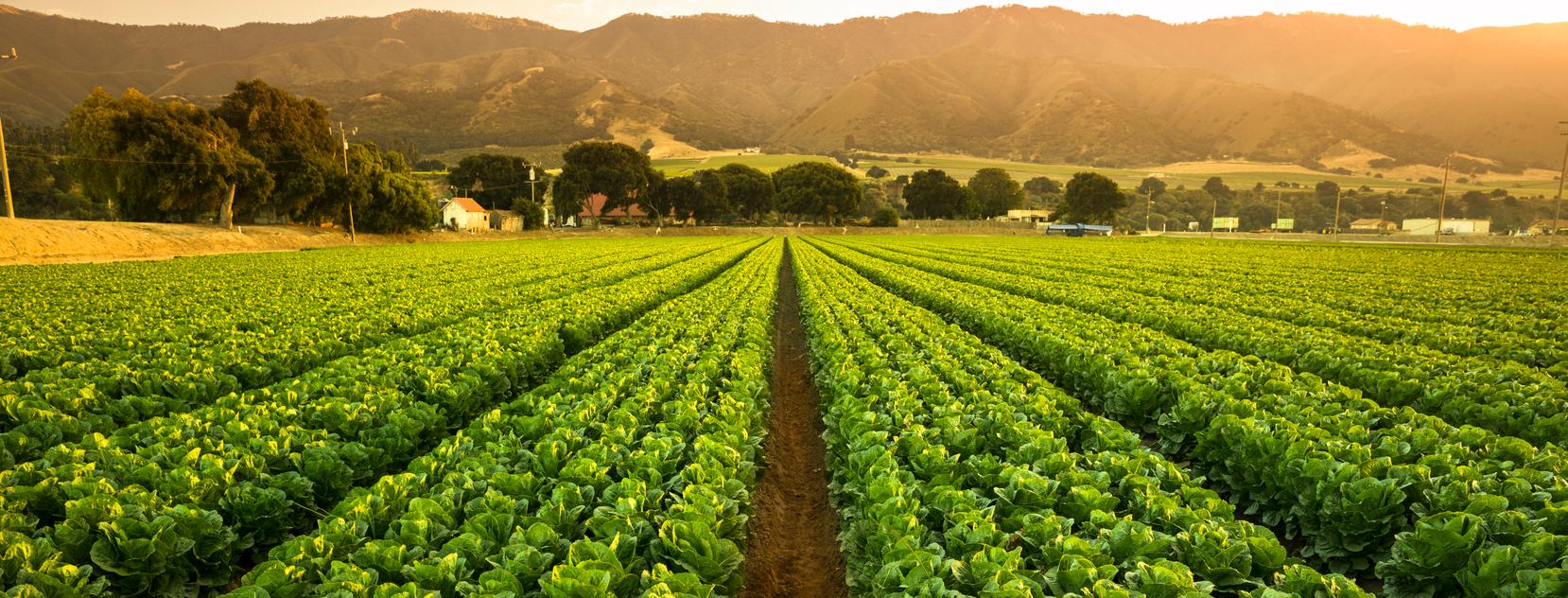This episode is hosted by Joel Jackson, P.Eng., CFA, Fertilizers and Chemicals Analyst, Ken Zaslow, CFA, Food & Agribusiness Analyst, and Doug A. Morrow, ESG Strategist
BMO Capital Markets’ Group Head, Dan Barclay, moderates a discussion on the takeaways from BMO’s 17th Annual Farm to Market Conference across the food and agriculture value chain.
Joel Jackson, Chemicals and Fertilizer Analyst, discusses his views on where we are in the ag cycle, the supply constraints on fertilizers, and the impacts of the invasion in Ukraine on his coverage of fertilizer companies.
Ken Zaslow, Food and Agribusiness Analyst, takes the listener on a deep dive into how inflation is impacting his covered companies and the sector.
Doug Morrow, Head of ESG Strategy, delves into the corporate value proposition of ESG, the implications of food insecurity, and how ag and food production contributes to climate change.
Together, Dan and the three analysts take a deep dive into the core themes of BMO’s 17th Annual Farm to Market Conference.
Subscribe to this free podcast and never miss an episode or visit the BMO Equity Research website for more great episodes of IN Tune.
